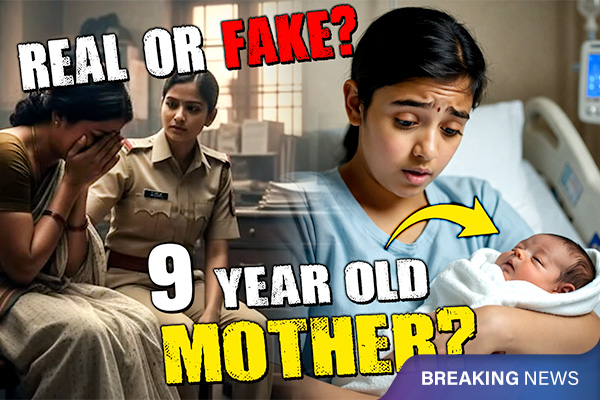Murshidabad Violence: Over 150 Arrested, 400 Hindus Forced To Flee
Murshidabad saw violent protests after the new Waqf law, leading to deaths, damage, and tension between communities, raising concerns over law, order, and unity in India.
On 2nd April 2025, Union Minister Kiren Rijiju introduced the Waqf (Amendment) Bill in the Lok Sabha. It was passed in Rajya Sabha on 4th April and became law on 5th April after President Droupadi Murmu approved it.
This new law brings changes to how Waqf properties (used for religious or charitable purposes in the Muslim community) are managed. It aims to make the system more clear, honest, and well-managed, with better registration, surveys, and monitoring. It also allows non-Muslims and women to join waqf-related groups.
However, many political leaders and organisations opposed the law, saying it goes against the rights of the Muslim community. Opposition leaders like Asaduddin Owaisi and Manoj Jha even went to the Supreme Court, calling the new law unconstitutional.
In West Bengal, CM Mamata Banerjee refused to follow the law in the state. Protests began, especially in Murshidabad, which has a large Muslim population. Sadly, these protests turned violent.
On 11th April, after Friday prayers, young boys aged 14-19 joined the protest. False rumours were spread that homes, mosques, and burial grounds would be taken away. This created fear and anger.
In places like Jangipur, Suti, Dhuliyan, and Samserganj, police jeeps, shops, trains, and government offices were burnt. A police station and a TMC MP's office were also attacked.
At least 3 people died, including a father and son who were stabbed, and a 21-year-old man who died from a bullet injury. Many police officers were hurt, and over 150 people were arrested.
Clashes between communities also started when some Hindu areas were attacked. Around 400 Hindus reportedly left their homes in fear.
The Calcutta High Court told the Central Government to send BSF (Border Security Force) to control the situation. Peace talks are now happening with local leaders. Roads are empty, internet is off in affected areas, and the situation is slowly getting back to normal.
Many people are now asking — if India wants foreign companies to invest here, how will they feel seeing such violence?
India recently crossed $820 billion in exports, and states like West Bengal are getting huge investments. But if law and peace are not protected, our growth can stop.
We must respect all religions and avoid sharing fake news or hate. Only then can India move ahead — together.







